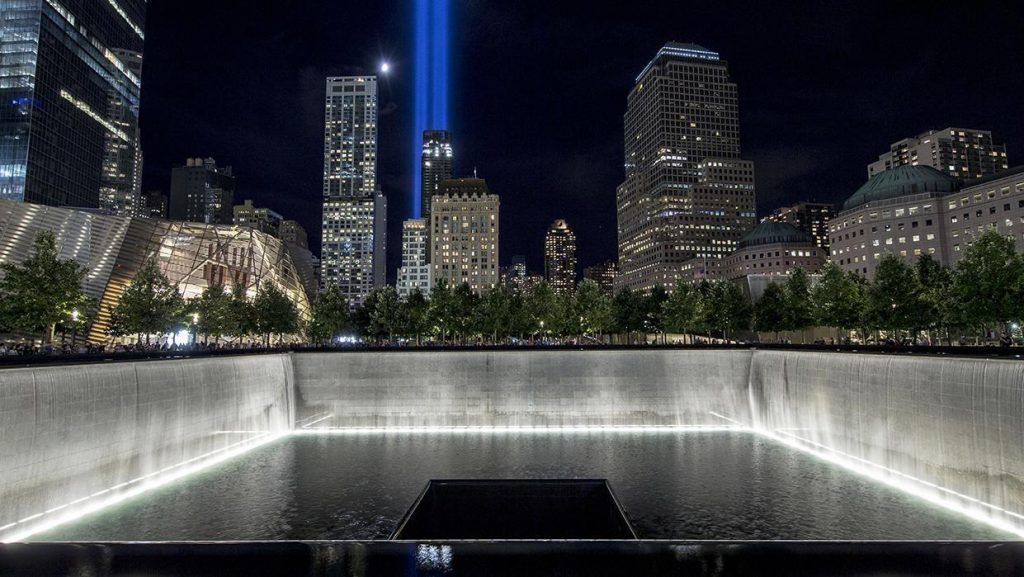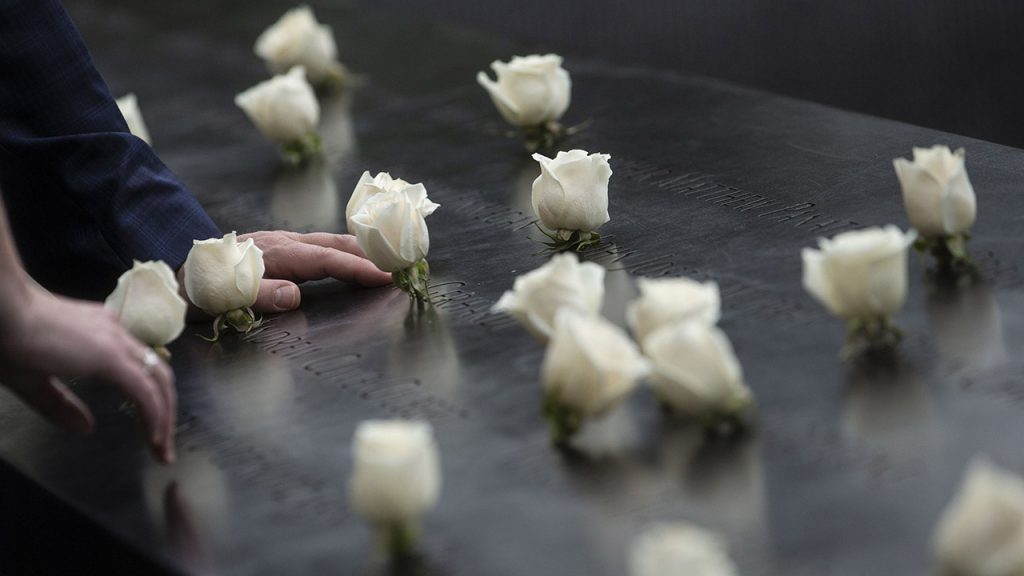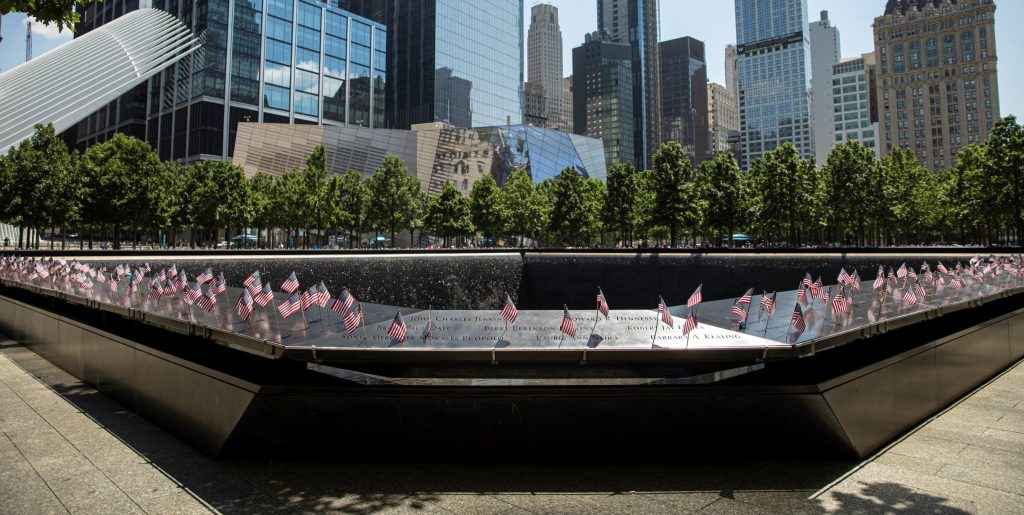Museums & Institutions
Accused of Hampering Research, the National 9/11 Museum in New York Will Ease Requirements for Scholars
The museum previously reserved the right to review work prior to publication and require edits.

The museum previously reserved the right to review work prior to publication and require edits.

Sarah Cascone

In time for the 20th anniversary of the 9/11 attacks, the National September 11 Memorial and Museum in New York is easing restrictions for researchers seeking to access its collection.
Previously, the institution’s policy, as listed on its website, required that a researcher let the museum review their work prior to publication and incorporate “any text changes” the museum proposed in order to get its “consent” to publish. The museum reserved the right to pursue “legal remedies” for acts of non-compliance. (The institution says it never came to that.)
The museum, dedicated to the memory of one of the darkest days in U.S. history, initially adopted these rules as a way to stymy the promulgation of conspiracy theories about the events of 9/11. But it has been accused of trying to control the narrative around the 2001 terrorist attacks.
“Our paramount concern was the misuse of donated materials to the museum for purposes of misrepresentation,” the museum’s executive vice president, Clifford Chanin, told the Associated Press. “We’ve learned from our experience.”

Family members gather for the annual 9/11 anniversary ceremony in New York on September 11, 2018. Photo by Jin S. Lee, courtesy of the National September 11 Memorial and Museum, New York.
The rules—which also required scholars provide an outline of their proposed project and submit all interview questions ahead of time—were meant to protect 9/11 survivors and the memory of the victims of the attacks. Nevertheless, they prompted complaints that the museum was stifling scholarship.
The institution moved to ease its regulations after at least two researchers objected to such restraints being put on their work. When pressed, the museum agreed to work with the scholars anyway, and began reconsidering the official policy.

New York’s National September 11 Memorial and Museum. Photo by Jin S. Lee, courtesy of the National September 11 Memorial and Museum, New York.
The change went into effect after Christina Simko, a sociology professor at Williams College in Williamstown, Massachusetts, declined this summer to let the museum essentially edit a project on museums about terrorism that would have included interviews with 9/11 museum staff.
“I was especially surprised that an institution of national memory would maintain that, because freedom of speech is a core democratic value,” Simko told the AP.
In recent weeks, the museum removed the research policy from its website and is drawing up a new one. The revised regulations are expected to ask researchers the purpose of their project and what information they seek to find, but will no longer include pre-publication approval or legal threats.